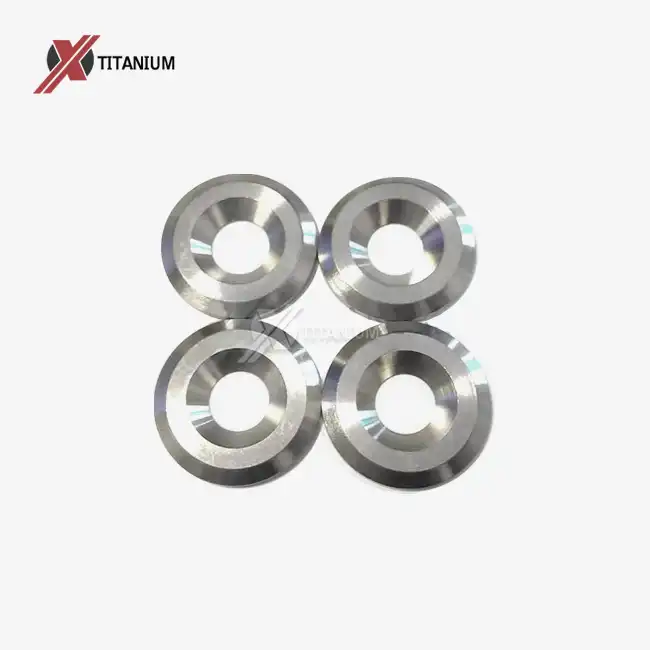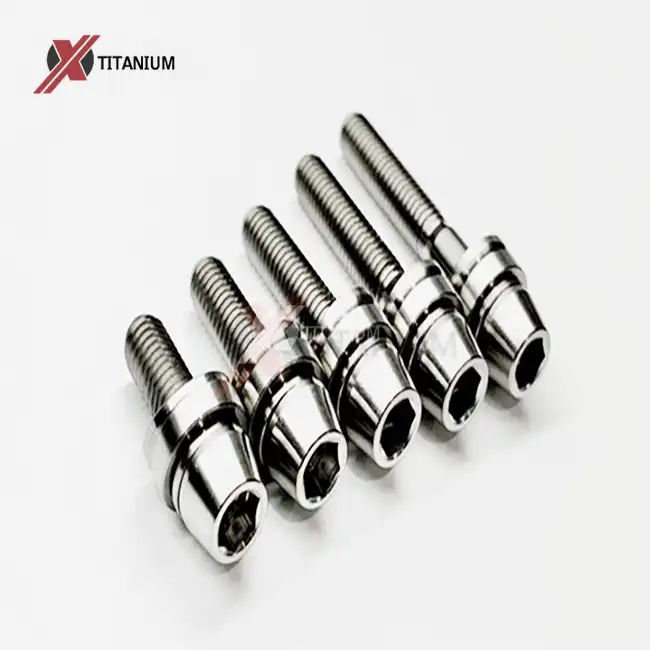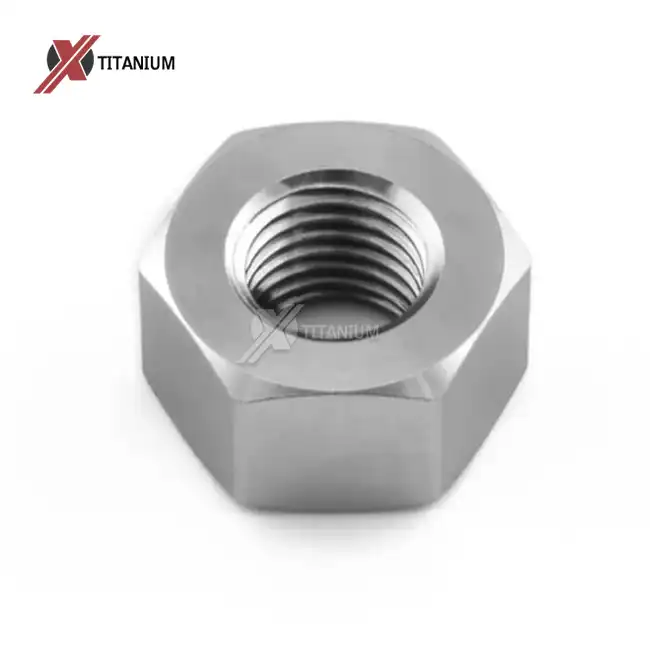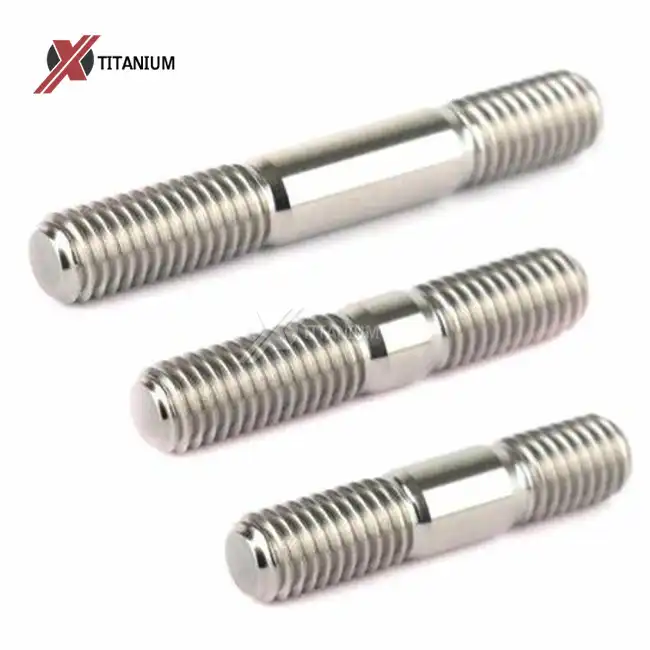- English
- French
- German
- Portuguese
- Spanish
- Russian
- Japanese
- Korean
- Arabic
- Greek
- German
- Turkish
- Italian
- Danish
- Romanian
- Indonesian
- Czech
- Afrikaans
- Swedish
- Polish
- Basque
- Catalan
- Esperanto
- Hindi
- Lao
- Albanian
- Amharic
- Armenian
- Azerbaijani
- Belarusian
- Bengali
- Bosnian
- Bulgarian
- Cebuano
- Chichewa
- Corsican
- Croatian
- Dutch
- Estonian
- Filipino
- Finnish
- Frisian
- Galician
- Georgian
- Gujarati
- Haitian
- Hausa
- Hawaiian
- Hebrew
- Hmong
- Hungarian
- Icelandic
- Igbo
- Javanese
- Kannada
- Kazakh
- Khmer
- Kurdish
- Kyrgyz
- Latin
- Latvian
- Lithuanian
- Luxembou..
- Macedonian
- Malagasy
- Malay
- Malayalam
- Maltese
- Maori
- Marathi
- Mongolian
- Burmese
- Nepali
- Norwegian
- Pashto
- Persian
- Punjabi
- Serbian
- Sesotho
- Sinhala
- Slovak
- Slovenian
- Somali
- Samoan
- Scots Gaelic
- Shona
- Sindhi
- Sundanese
- Swahili
- Tajik
- Tamil
- Telugu
- Thai
- Ukrainian
- Urdu
- Uzbek
- Vietnamese
- Welsh
- Xhosa
- Yiddish
- Yoruba
- Zulu
Are Titanium Allen Bolts the Optimal Choice for High-Performance Applications?
Titanium Allen bolts have garnered attention across various industries due to their exceptional properties. Their lightweight nature, impressive strength, and corrosion resistance make them a preferred choice in sectors like aerospace, automotive, and marine engineering. But what sets them apart from traditional fasteners? Let's delve into the specifics.
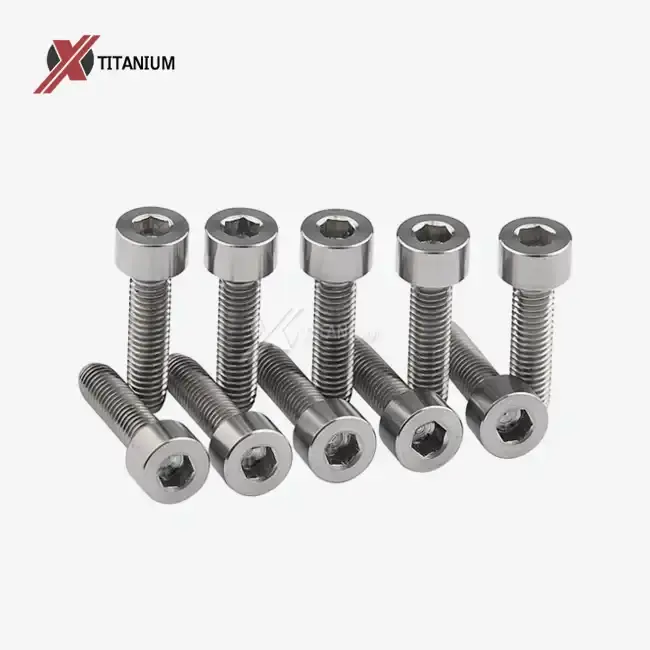
Why Are Titanium Allen Bolts Preferred Over Stainless Steel Bolts?
Strength-to-Weight Ratio
Titanium boasts a remarkable strength-to-weight ratio. While it offers strength comparable to steel, it does so at approximately 45% less weight. This characteristic is crucial in applications where reducing weight without compromising strength is essential, such as in aerospace components and high-performance vehicles.
Corrosion Resistance
Unlike stainless steel, which can corrode in certain environments, titanium forms a protective oxide layer that shields it from various corrosive agents. This makes titanium bolts especially suitable for marine applications and chemical processing industries where exposure to corrosive substances is common.
Biocompatibility
Titanium's non-toxic and biocompatible nature makes it ideal for medical applications. It's commonly used in surgical implants and devices, ensuring compatibility with human tissues and reducing the risk of adverse reactions.
Can Titanium Bolts Be Used for Structural Applications?
Absolutely. Titanium bolts are not only strong but also durable, making them suitable for structural applications. Their resistance to fatigue and ability to withstand extreme temperatures further enhance their applicability in structural components of aircraft, buildings, and other infrastructures.
What Are the Disadvantages of Titanium Bolts and When Should You Avoid Them?
Cost
One of the primary drawbacks of titanium bolts is their cost. The extraction and processing of titanium are more complex and energy-intensive than other metals, leading to higher prices. For projects with tight budgets, this can be a limiting factor.
Machining Challenges
Titanium's strength, while advantageous in many respects, also makes it more challenging to machine. Specialized tools and techniques are required, which can increase manufacturing time and costs.
Galling
Titanium bolts are susceptible to galling, a form of wear caused by adhesion between sliding surfaces. This can be mitigated with proper lubrication and torque settings, but it's a consideration during installation and maintenance.
Conclusion
Titanium Allen bolts offer a combination of strength, lightness, and corrosion resistance that is hard to match. While they come with certain challenges, such as higher costs and machining difficulties, their benefits often outweigh these drawbacks in high-performance applications.
References
-
Smith, J.R. (2021). "Advanced Materials in Aerospace: The Role of Pure Titanium". Journal of Aerospace Engineering, 45(3), 234–248.
-
Johnson, A.M. & Williams, P.K. (2020). "Biocompatibility of Titanium in Medical Implants: A Comprehensive Review". Biomaterials Science, 8(12), 3301–3320.
-
Chen, Y., et al. (2019). "Corrosion Behavior of Pure Titanium in Marine Environments". Corrosion Science, 152, 120–133.
-
Patel, R.N. & Thompson, L.E. (2022). "Manufacturing Processes for High-Quality Titanium Plates". Advanced Materials Processing, 180(5), 45–58.
-
Garcia, M.S., et al. (2023). "Applications of Pure Titanium in Sustainable Architecture". Architectural Engineering and Design Management, 19(2), 178–195.
Learn about our latest products and discounts through SMS or email
